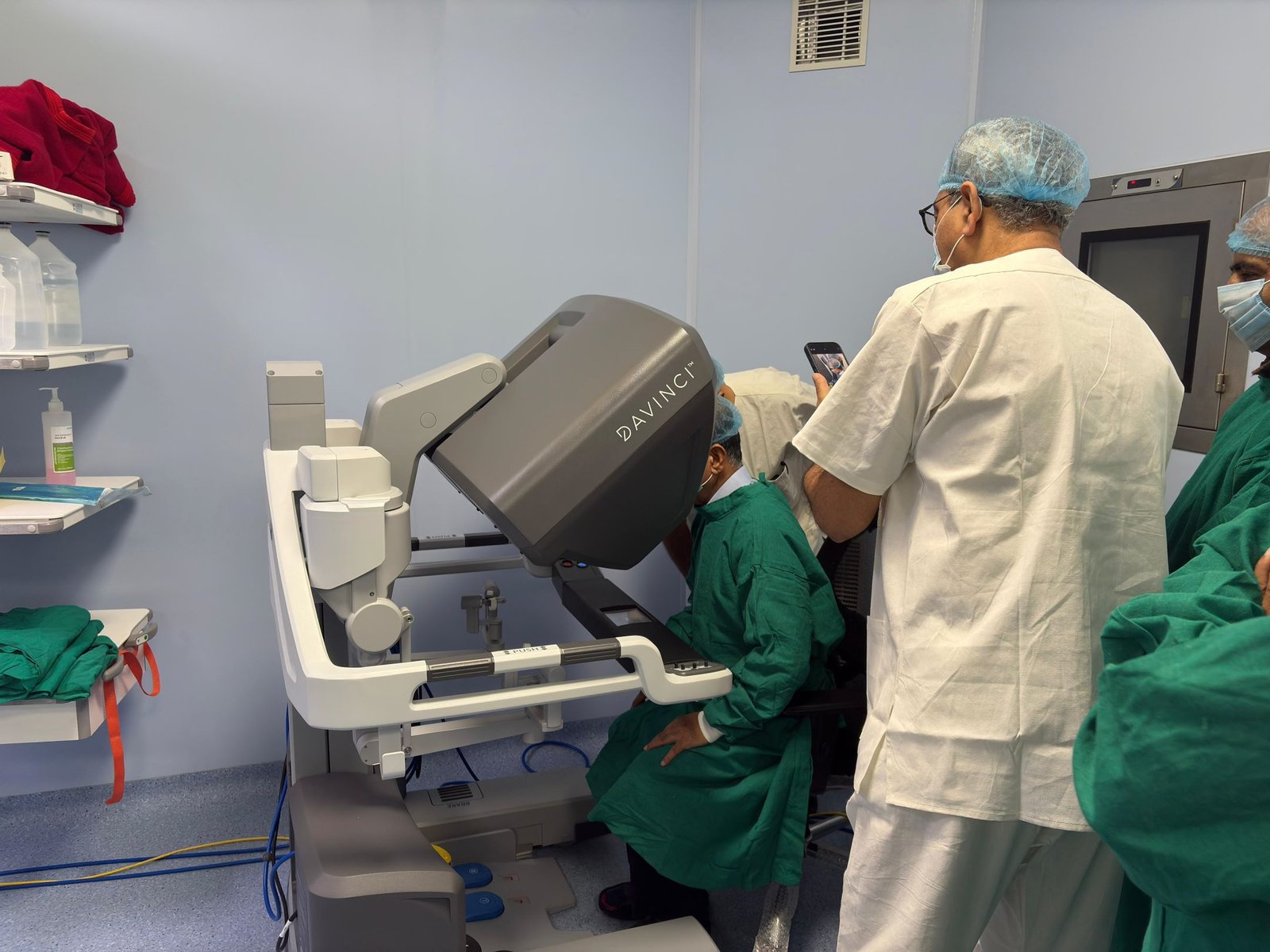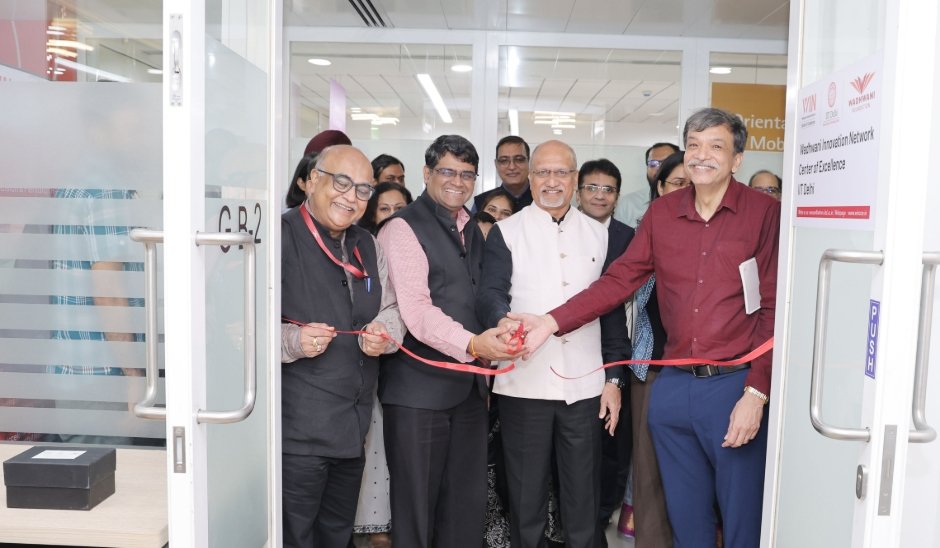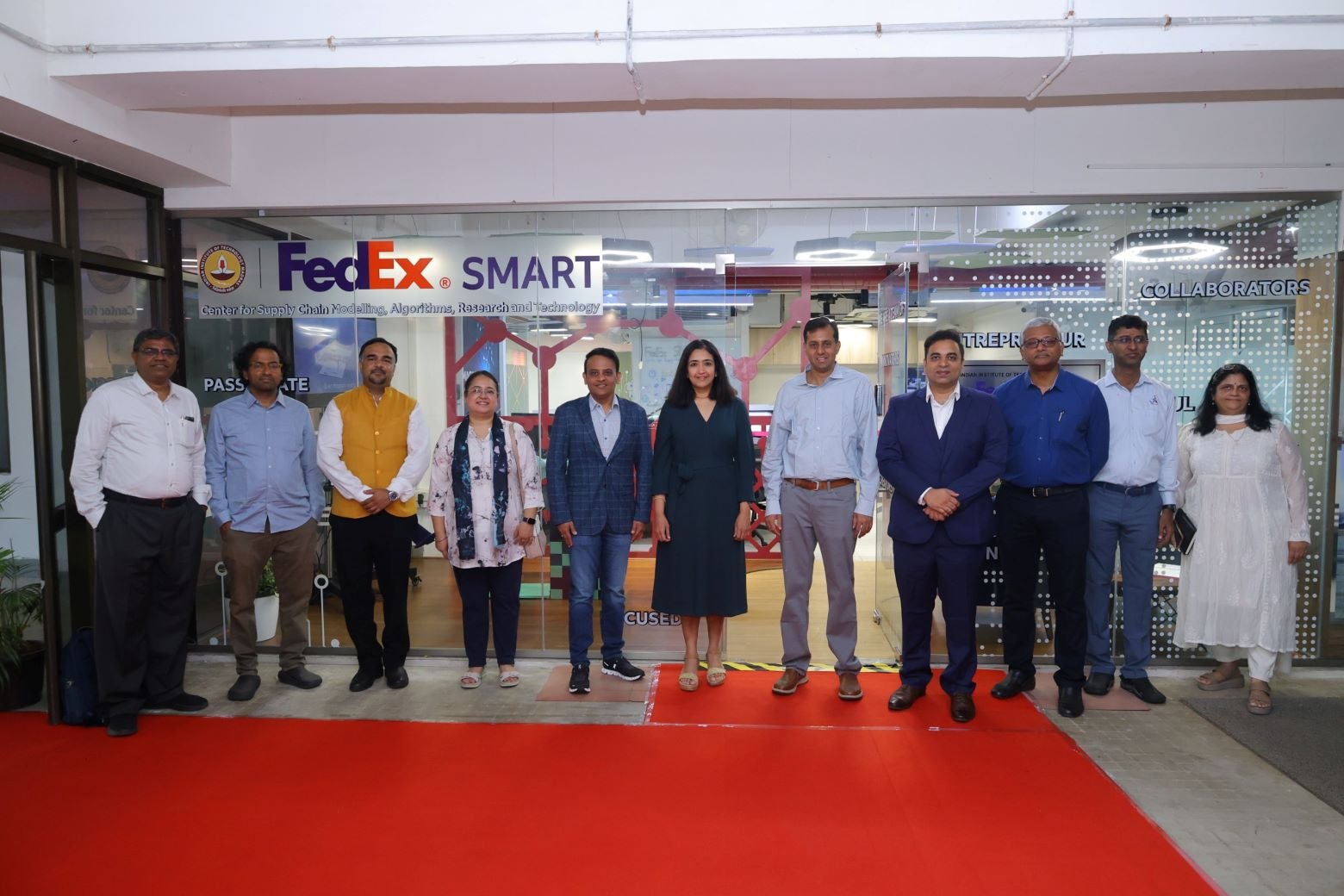Hot Start-ups: Enabling global clinical trials in India
April 11, 2016 | Monday | Features | By BioSpectrum Bureau
Hot Start-ups: Enabling global clinical trials in India
(Photo Courtesy: www.pixabay.com)
Little did he know that his broken knee would lead him along the path to his ultimate destiny - the birth of his Kolkata-based start-up Indoriv Clinical.
After recovering from his physical ailment for a year, Mr Agarwal found an internship as a clinical research coordinator in Kolkata in 2012. He enjoyed his position and space, and explored it furthermore ardently.
Mr Agarwal received positive feedback and good reviews for his initial projects and started receiving projects from other pharma companies and CROs.
He also bagged a major stem cell project from a popular CRO. He tackled it fully as a one-man army. He was also fortunate enough to find credible mentors and valuable guidance from doctors and healthcare professionals around him.
It was then he decided to convert all of his learnings into an entrepreneurial venture, which he also long dreamt of during his student days in the UK.
Indoriv Clinical is now a four-year-old clinical research consultancy located in West Bengal.
"It's funny that when I started, I didn't have a plan at all," laughs Mr Agarwal. "I just went with it. Clinical research is a complex field to be in, since it has many diversifications. Back then I was just 22, and was still learning about the industry. I had very limited knowledge of clinical research project management and that's what I was doing. So I decided to stick to clinical project management at ground level and develop a clinical research consultancy."
Implementing Innovations
When a pharma company or a CRO comes out with a new drug, device, or a cosmetic product, they require clinical data to prove its safety and efficacy for commercializing.
All this is monitored under India's Drugs and Cosmetics Act which makes Indoriv's role pivotal in the ecosystem of clinical research.
"Indoriv is essentially a clinical data generation start-up. Our work is responsible in determining whether or not a drug is safe to be released in the market. Our main target is to organize clinical research in India to improve speed and quality of a clinical trial and making sure that a patient's right is protected. We leverage our expertise to manage this on the ground. We tie up with doctors and registered hospitals to manage human clinical trials.
"Every country in the world is becoming compliance-based and all medical products are being thoroughly tested before they are released in the market. Every medical innovation has to go through this process. So in short we are the implementers of medical innovation," explains Mr Agarwal.
Apart from management services, the start-up has also started its own diagnostic laboratory which is now providing centralized pathology solutions and medical archival.
Mr Agarwal says, "We have also started clinical trial medical supply, and have now come up with our very own digitization platform - MPET -- which is aimed at digitizing clinical research in India."
He expects MPET to be a turning point for his company since it is a different form of clinical research business in itself which will help several pharmaceutical companies worldwide.
Trial Turmoil And Challenges
The clinical research industry in India is still going through several regulatory changes. In fact 2013, all clinical trials were stopped in India, where the Ethics Committee of all hospitals were registered before proceeding for clinical trials.
Mr Agarwal points, "Lack of awareness and training among doctors, healthcare professionals and hospitals is a challenge. Even though this situation has improved, there is still a huge scope for better training and awareness. Another challenge is the existing vague regulatory laws, and the slow rate of clinical trials approval from the drug controller general of India."
However, he feels that the regulatory bodies have become faster and the laws are now becoming clearer.
"Clinical Research is a booming Industry to be in and more importantly has a huge potential for entrepreneurs in this field," he adds.
So far, locally, the start-up never required funding. "During the initial stages, my company did not require very heavy funding. Today I have the projects, and the confidence that my work could be scaled up to huge potential which is why we are currently looking to raise funds actively," he explains.
Indoriv's infrastructure including technology hardware and medical equipments were acquired through retained earnings.
"Fortunately, we had enough work to work through our cash flow for salaries and other costs. However, to expand in India it is important to acquire funding for cash flow and marketing requirements," he voices.
Indoriv Clinical's client list boasts of top 10 pharma and CROs including Biocon, Sun Pharmaceuticals, Syngene, Dr Reddy's, Alkem Pharmaceuticals, Cliantha Research, Lambda Therapeutic Research, Manipal Acunova, Veeda Clinical Research, Karmic Life Sciences and Zydus Cadila.
Exit Strategy
Indoriv's growth strategy is based on two parallels, reveals Mr Agarwal.
First, it intends to expand its work and services pan India specifically in tier-2 cities where the majority of the population lives.
"Our work requires a large pool of patient population enabling speeding up of clinical trials process. This requires investment in terms of working cash flow and marketing. We already have the work and projects. We are ready to expand," says Mr Agarwal.
The second parallel is its upcoming software MPET, which aims to digitize clinical research at its source.
He voices, "This will help in capturing data which is missed out manually, and integrate seamlessly with medical databases worldwide. This will improve quality compliance and will also allow global trials to increase in India. Currently, only 2 to 3 percent of all global clinical trials happen in India, which has a disease burden of 18 percent. This would require development and marketing investments. Our exit strategy is either IPO or M&A."
Ambitious Revenues
For Indoriv, this is its fourth year in business, and it has achieved its target revenue of Rs 1 crore without any investment in the company.
"We are aiming to quadruple this revenue in the next two years based on the contracts and clients we have, and also the projects we have signed up. If relevant funding is obtained for MPET, we would potentially be targeting a revenue of around Rs 30 to 40 crore in the next 5 years," Mr Agarwal comments.
Given the nature of collaborative work, the start-up's collaborators include several leading hospitals from both Government and private sectors, diagnostic centres (including radiology), doctors, healthcare professionals and pharmacies.
He has couple of suggestions to the Government. "We need clarity of guidelines, a smarter and flexible framework for operations. The Government can also look at digitization of Adverse Events (AE) and Serious Adverse Events (SAE), and drug monitoring procedures to streamline the whole process. We also need local research centres for faster processing of documents and monitoring," he recommends.
Healthcare Penetration
Educated in the UK, he feels that the regulatory framework and structure is very clear and precise in the West.
"Talent is awarded. An investor and entrepreneur need to work together to create a big company. The support given to an entrepreneur there is much better than that in India," he continues. "In India, investment is usually given to companies who have already proved their models. The risk-taking capacity here is relatively lower. Most businesses would not be given investment in their ideation stage. This trend is changing slowly and should gain more traction in the coming years. However, we also need to be cautious about the start-up bubble."
He views 3D Bioprinting and Telemedicine as good areas for start-ups to venture.
"What the healthcare industry in India needs right now is penetration of Medtech in all areas of healthcare, which will not only improve the quality of healthcare but also help healthcare penetration to tier-2 cities and rural areas of India," he notes.
Potential And Scalability
Healthcare and clinical research overall is seen to produce huge margins and amazing scalability potential with good exit options.
"However, healthcare in general takes time to build. Venture capitalists and shareholders might need to be patient for a while. Once the initial framework is over, it has a potential to grow several times their investment," Mr Agarwal justifies.
He points that Mumbai and Delhi are becoming new start-up destinations.
"Start-ups emerge with the collaboration of ideas and the support, and funds to back them up. Delhi and Mumbai have all these essential elements. This is also supported by the penetration of technology in these cities, and the purchasing power of the people to use those start-ups' product and services," he observes.
He states that crowdfunding could be a great way of raising funds for a start-up.
"This is very popular abroad. I am not sure if this is regulated in India, but it could be a great method of raising funds," Mr Anant suggests, a lover of music and movies.
Compliance! Compliance!
The clinical research industry is all about protocol, compliance and discipline, Mr Anand shares.
"My first auditor in clinical research told me something that I still follow as a golden rule even today. He said, 'You are allowed to make mistakes in clinical research; you are not allowed to hide them.' Thus our work cannot be done under false pretense. Therefore, apart from discipline and compliance it is very important to be good at documentation and being transparent in operations wherever healthcare is involved," he opines.
He thinks that losing patience is one of the biggest mistakes entrepreneurs commit while running their dream.
"The younger generation has amazing ideas today. However everything takes time to settle down and establish itself. When you start something it is important to stick to your idea and keep reinventing and renovating to make it right. You might just end up having a completely different business than what you started with. Start-ups by its very nature is something new whose market credibility has not been proved. A lot of people want to become overnight sensations," he reasons.
He has also learnt the hard way in making right hiring decisions. "The right team can take you either to top or put you under the ground," he highlights.
Start-up Basics
As a start-up entrepreneur, Mr Anant adds that communication and transparency are two very important elements in work.
"It is important to keep talking to people -- regularly and constantly. Trust-building takes time. A lot of people begin a start-up for the sake of erecting a start-up. What you want to achieve should be clearer even if the methods keep changing with time," he expresses.
"Don't settle for less!" he advices young start-up entrepreneurs.
"Since most start-ups lack the confidence, they usually end up making the wrong decisions and settle for less -- which I have personally done for a very long time. It important to assess your worth versus what you are charging for your services.... Keep at it. Believe in your idea and don't lose patience. You will end up managing your work brilliantly," he signs-off.










